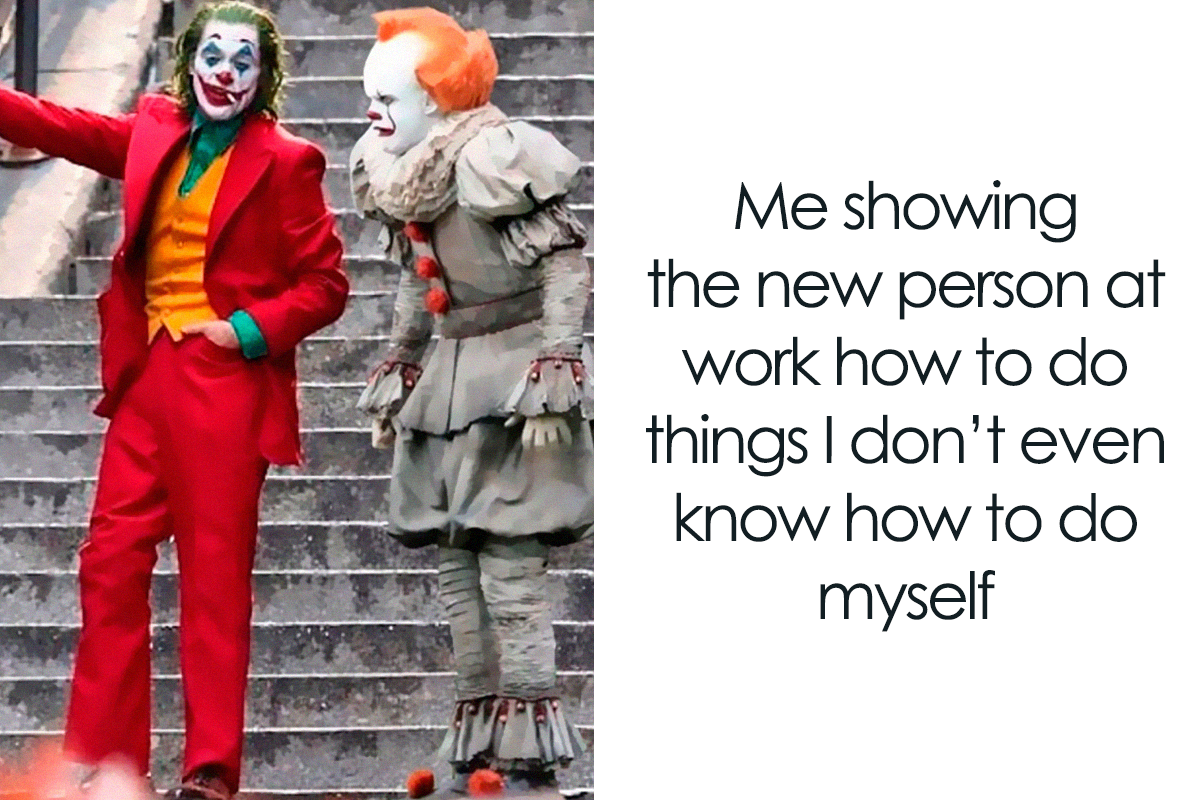
Laugh Your Way to Financial Literacy: The Rise of Funny Finance YouTube Shorts
In the age of TikTok dances and viral challenges, YouTube Shorts has emerged as another platform for short-form video content. But amid the memes and trends, a new genre is taking hold: funny finance. These bite-sized videos combine financial education with humor, making complex topics like investing, budgeting, and debt management more accessible and engaging than ever before.
Why Funny Finance Shorts Are Taking Off
Traditional finance content can be intimidating. Jargon-filled articles, lengthy seminars, and serious-faced experts often deter people from learning about money management. Funny finance shorts offer a refreshing alternative by:
- Breaking Down Barriers: Humor lowers the emotional barriers to learning about finance. It makes the topic less daunting and more approachable.
- Simplifying Complex Concepts: Short videos force creators to distill information into easily digestible nuggets. They often use relatable scenarios and analogies to explain complicated ideas.
- Increasing Engagement: Funny content is more likely to be shared and discussed, expanding the reach of financial education.
- Catering to Short Attention Spans: In a world of constant distractions, short-form video is perfectly suited to capture and maintain attention.
- Creating a Community: Many creators foster a sense of community by interacting with viewers in the comments section and responding to their questions.
Key Themes and Formats
Funny finance shorts cover a wide range of topics, often using recurring formats to engage viewers. Here are some popular themes and styles:
-
Relatable Money Struggles:
- The Broke Student: Skits about the challenges of living on a tight budget, ramen noodle dinners, and the eternal quest for free pizza.
- The Impulsive Shopper: Videos depicting the temptation of online shopping, the regret of buyer’s remorse, and the struggle to stick to a budget.
- The Side Hustle Hustler: Comedic takes on the gig economy, from failed attempts at freelancing to the unexpected success of a quirky online business.
-
Investment Fails and Wins:
- The Crypto Newbie: Humorous portrayals of the ups and downs of cryptocurrency investing, the fear of missing out (FOMO), and the volatility of the market.
- The Stock Market Rollercoaster: Skits about the emotional rollercoaster of investing in stocks, the panic of market crashes, and the excitement of unexpected gains.
- The "Expert" Advice Giver: Satirical takes on financial gurus who offer questionable advice, often with disastrous results.
-
Budgeting and Saving Hacks:
- The Extreme Couponer: Over-the-top depictions of people who go to extreme lengths to save money, from dumpster diving for discounts to hoarding free samples.
- The DIY Frugalist: Videos showcasing creative and humorous ways to save money, like making your own cleaning supplies or repurposing old items.
- The Budgeting Battle: Skits about the struggle to stick to a budget, the temptation to splurge, and the satisfaction of reaching financial goals.
-
Debt and Credit Card Humor:
- The Credit Card Confessions: Humorous stories about the dangers of credit card debt, the temptation to overspend, and the struggle to pay off balances.
- The Debt Collector Skits: Comedic portrayals of debt collectors, often using exaggerated characters and absurd scenarios.
- The "Adulting" Fails: Videos about the challenges of managing money as an adult, from paying bills on time to understanding credit scores.
Examples of Creators Making Waves
Several creators have gained popularity by creating funny finance shorts:
- Humphrey Yang: Known for breaking down complex financial topics with clear explanations and relatable examples.
- The Plain Bagel: A Canadian YouTuber who creates animated videos explaining investment strategies and personal finance tips.
- Our Rich Journey: A couple who share their experiences with debt payoff, budgeting, and financial independence through vlogs and skits.
- Money with Katie: Katie Gatti Tassin creates content about personal finance, investing, and career advice, often with a humorous and relatable approach.
The Impact of Funny Finance Shorts
The rise of funny finance shorts has several positive implications:
- Increased Financial Literacy: By making finance more accessible and engaging, these videos can help people learn about important concepts and make better financial decisions.
- Reduced Financial Anxiety: Humor can help people feel less stressed and overwhelmed about money, making them more likely to take control of their finances.
- Democratization of Financial Knowledge: These videos are often free and accessible to anyone with an internet connection, making financial education more equitable.
- Breaking Down Stigmas: By normalizing conversations about money, these videos can help reduce the stigma associated with financial struggles.
The Future of Funny Finance
As the demand for short-form video content continues to grow, funny finance shorts are likely to become even more popular. Here are some potential trends to watch for:
- More Interactive Content: Creators may start incorporating polls, quizzes, and other interactive elements to engage viewers and test their knowledge.
- Personalized Financial Advice: As AI technology improves, creators may be able to offer more personalized financial advice based on viewers’ individual circumstances.
- Collaborations with Financial Institutions: Financial institutions may partner with creators to produce educational content that promotes their products and services.
- Increased Focus on Niche Topics: Creators may specialize in specific areas of finance, such as investing for beginners, retirement planning, or real estate.
Challenges and Considerations
While funny finance shorts offer many benefits, it’s important to be aware of potential challenges:
- Accuracy and Credibility: Not all creators are financial experts, so it’s important to verify the information they provide.
- Oversimplification: Short videos can sometimes oversimplify complex topics, which can lead to misunderstandings.
- Potential for Misleading Advice: Some creators may promote risky or inappropriate financial products or strategies.
- Ethical Concerns: It’s important for creators to be transparent about any sponsorships or affiliations they have with financial institutions.
Conclusion
Funny finance YouTube Shorts are revolutionizing the way people learn about money. By combining education with humor, these videos make complex topics more accessible, engaging, and relatable. While it’s important to be critical of the information presented, these shorts have the potential to increase financial literacy, reduce financial anxiety, and empower people to take control of their financial lives. As the genre continues to evolve, we can expect to see even more creative and innovative ways to make finance fun and accessible for everyone.



